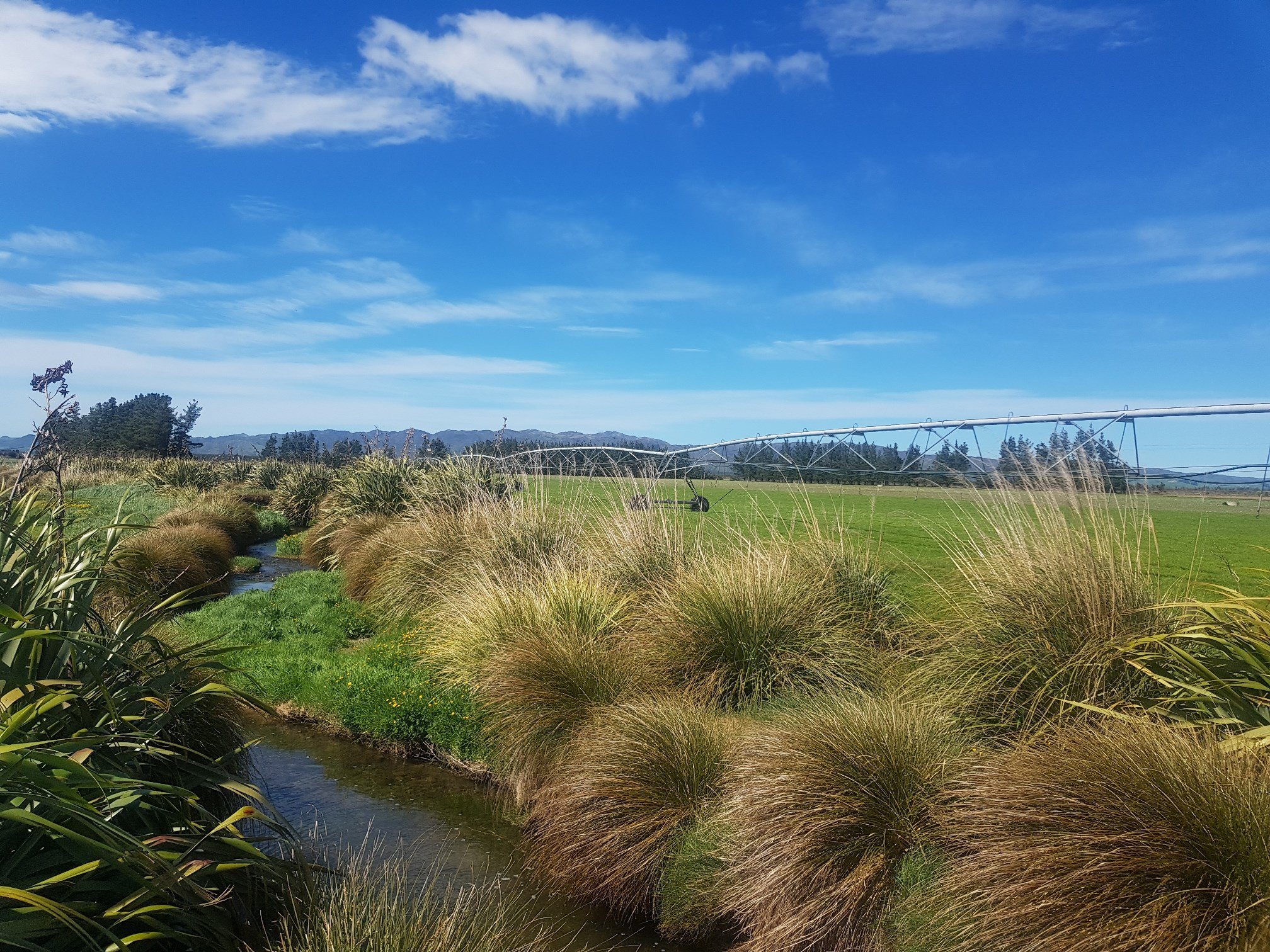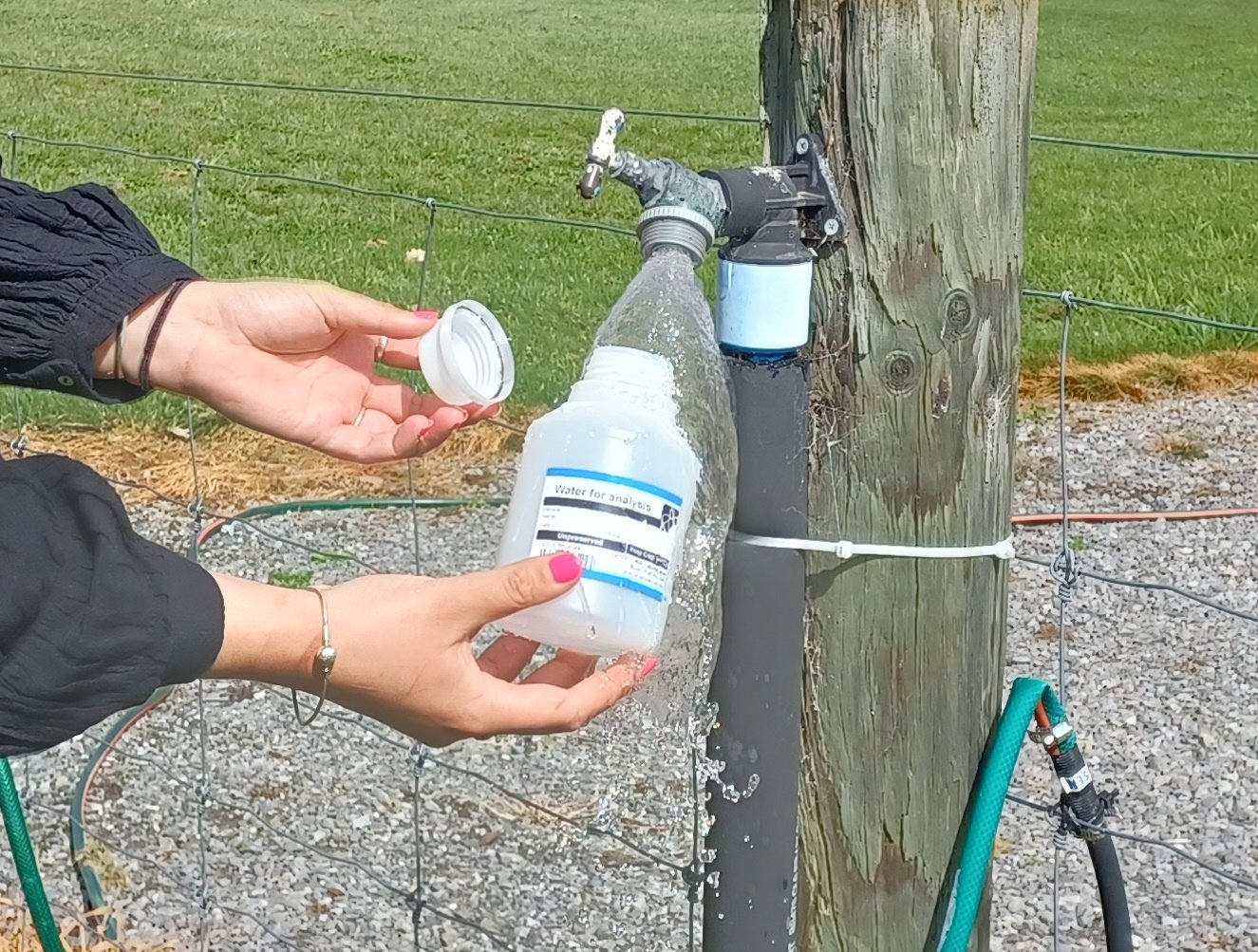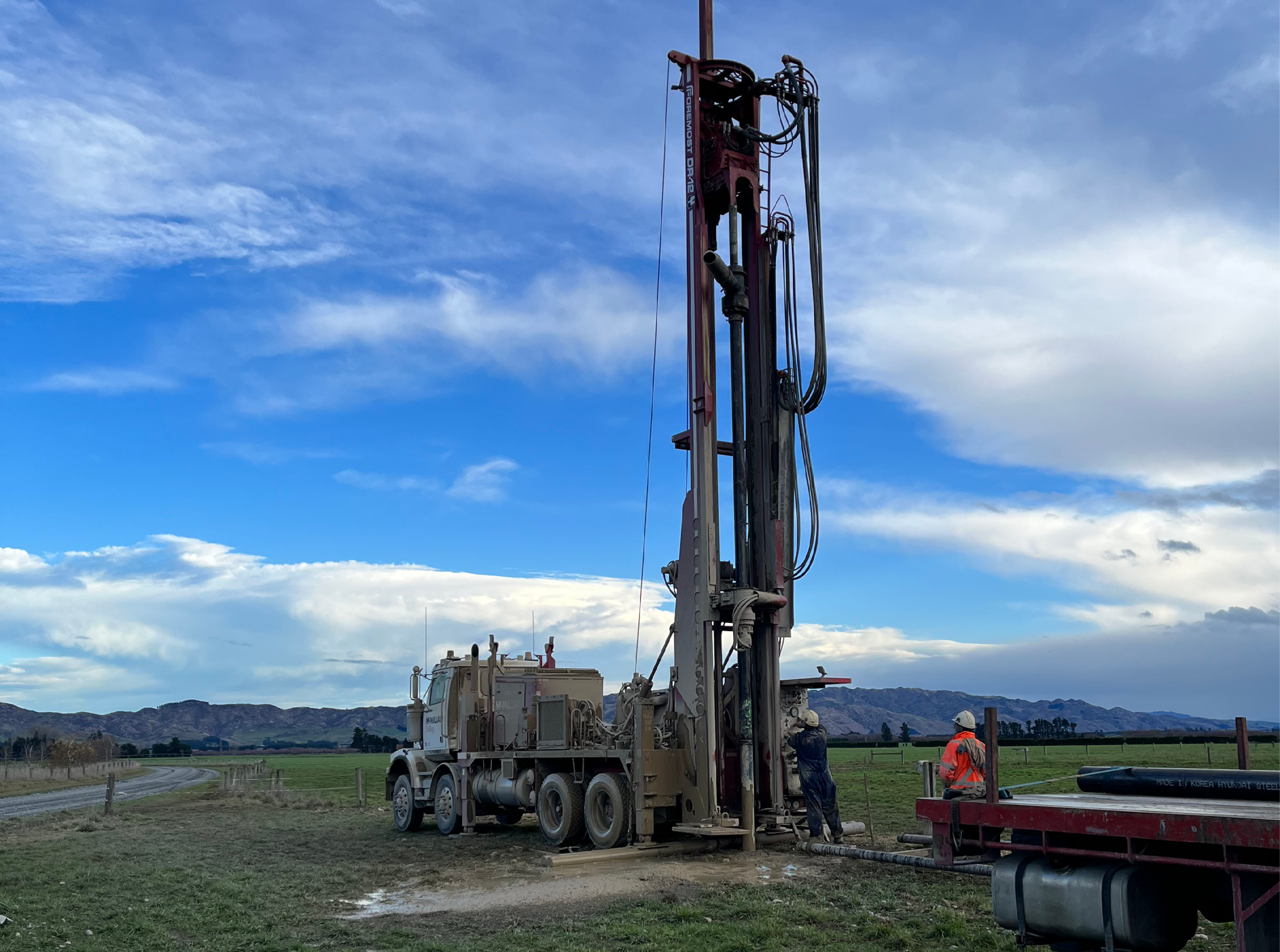
Environmental Initiatives
AIC is committed to investing in projects to reduce nutrient losses and improve water quality. A significant focus of our environmental workload is the gathering of more information on the hydrology and dynamics of water in the Amuri Basin. The pace of national policy and regulation continues to be relentless; to meet the changes head-on, we constantly have a wide variety of strategic interventions underway, based on science and data to mitigate the impact of farming on our tributary and drain water and prepare for the introduction of Freshwater Farm Plans.
Project Details
-
Multi-level piezometers have been installed on two properties in the Basin. Each installation includes four separate piezometers screened at depths varying between 9m-46m bgl, used to measure groundwater levels and quality at varying depths to improve characterisation of flow and variations in quality within the aquifer system. Continuous water level and nitrate sensors have been installed in the shallower piezometers to track real-time variations in water level and nitrate concentrations.
-
Several pilot projects in key locations will assess effectiveness in improving water quality before implementing them at scale in the Basin. These include constructing woodchip bioreactors and managed aquifer recharge (MAR) and algal treatment systems as well as stream augmentation and planting for shade.
-
We are modelling farm systems across various land uses as part of a wider nutrient benchmark project. The modelling will look at the social, financial, environmental and physical implications of farming in a lower nitrogen environment and assess the options available. It will identify perceived and known challenges (such as labour shortage, access to wintering land; viability and access to supplement, GHG and climate).
-
We have visited all known bores in the wider catchment to assess them for longer-term monitoring use. This develops our inventory and provides a more accurate picture of bore locations, use, and state. We are also working to raise awareness for bore head security and E.coli issues.
-
We have added 18 additional sampling sites to our water sampling programme to obtain a better representation of water quality across the Basin. These will be sampled on a quarterly basis.
-
We are creating an inventory of existing wetlands within the Basin and will be working with farmers to restore and support wetlands.

WATER SAMPLING

BORE INSTALLATION

SUSTAINABLE LANDUSE

WETLANDS
Who can I contact about this Project?
-

Mike Hennessy
ENVIRONMENTAL PROJECTS LEAD
027 706 6787
